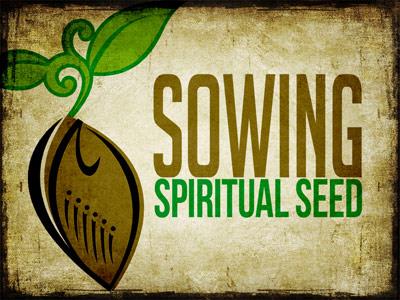-
The Parable Of The Leaven
Contributed by Ed Wood on Nov 28, 2017 (message contributor)
Summary: A parable of Jesus.
THE PARABLE OF THE LEAVEN
Matthew 13:33
INTRO: Jesus used parables often in His teaching to relate understanding of God’s love for man and the way that man should live in accordance to God’s will.
This is one of Jesus’ parables to show the working of the Holy Spirit upon man’s soul.
I. THE LEAVEN WAS A FOREIGN ELEMENT.
A. Something materially different to the meal.
1. Something placed in the meal by a living active agency.
2. The grace of God is the same.
a. It is not natural to man.
b. It is very different to his nature.
B. Before man can possess it, God must give it.
1. The new nature is spiritual and from God.
2. It is placed in man by a living active agency.
II. LEAVEN IS A MOVING, ACTIVE ELEMENT.
A. It begins its work at once.
1. As soon as it is released it begins its task upon the meal.
2. It does not change the identity of the meal, but rather alters
its qualities.
B. So it is with the grace of God in the soul of man.
1. It does not change the powers of the soul of man.
2. It gives its own characteristics to the soul, and makes it gra-
cious.
III. LEAVEN IS ASSIMILATING.
A. It is silent.
1. It creates no noise or confusion.
2. It goes about its work silently.
3. The grace of God does the same thing.
4. The effects may be heard, but the work is silent.
B. It is gradual.
1. First one part is leavened, then another.
2. The same with grace. Sin is forgiven as once, then the work
begins.
3. Everything in the scriptures indicate this. First the babe,
then the child, then the man.
C. It is complete.
1. "Till the whole was leavened."
2. The grace of God is the same.
3. It strives for the perfection of the Christian.

 Sermon Central
Sermon Central



